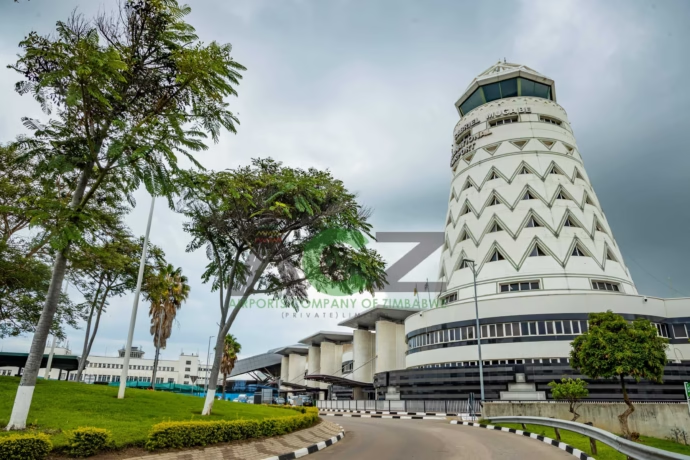
The latest economic measures approved by Cabinet signal a decisive push by the Government to formalize businesses, widen the tax base, and refine the foreign exchange market.
Following the presentation of the 2025 Monetary Policy Statement by the Reserve Bank of Zimbabwe on February 6, authorities have introduced a mix of short- and long-term strategies aimed at tackling structural weaknesses in the economy. However, the implementation of these measures raises key questions about their impact on both formal businesses and the largely informal sector that dominates Zimbabwe’s economy.
A major highlight of the reforms is the compulsory use of electronic money for all businesses. This directive, alongside a new tax payment system and the establishment of a Domestic Inter-agency Team to enforce tax compliance, is expected to bring more businesses under Government regulation. On paper, this move could increase tax revenues and improve transparency in business transactions. However, in an economy where cash transactions still dominate, especially in rural and informal trade, the effectiveness of this policy depends on whether businesses have access to reliable digital payment infrastructure. The requirement for all vendors to have Point of Sale (POS) machines and bank accounts may streamline transactions, but it could also impose financial burdens on small traders who operate with minimal capital.
The Government’s decision to reduce the foreign currency retention level for exporters from 75% to 70% is another significant step. While this adjustment is meant to ensure greater circulation of foreign currency in the formal banking system, exporters who already face high operational costs may view it as a constraint on their working capital. Additionally, the reduction of bank charges and introduction of minimum deposit interest rates could encourage savings and investment, but their effectiveness hinges on whether financial institutions will pass on these benefits to businesses.
Beyond immediate tax and monetary policy adjustments, the Government’s long-term strategy focuses on improving the business environment. Streamlining regulatory processes and reducing the cost of doing business are positive steps that could attract investment. However, strict enforcement of the Indigenization and Empowerment Act, prioritizing local procurement, and expediting the construction of power plants must be matched with clear implementation frameworks. Without proper execution, these policies risk becoming bureaucratic hurdles rather than facilitators of economic growth.
The emphasis on enhancing electricity supply and incentivizing alternative energy sources is a welcome move, given that power shortages remain one of the biggest obstacles to industrial productivity. Yet, without concrete timelines for infrastructure upgrades, businesses may continue to struggle with unreliable electricity, undermining the broader goals of economic stability and industrial growth.
Ultimately, the success of these measures will depend on how well they balance the need for government revenue with the realities of business operations, especially within the informal sector. While formalization is a necessary step for long-term economic stability, it must be done in a way that does not suffocate small businesses or discourage investment.
The Government’s challenge is to ensure that these reforms do not become a double-edged sword—intended to promote growth but inadvertently stifling economic activity.




